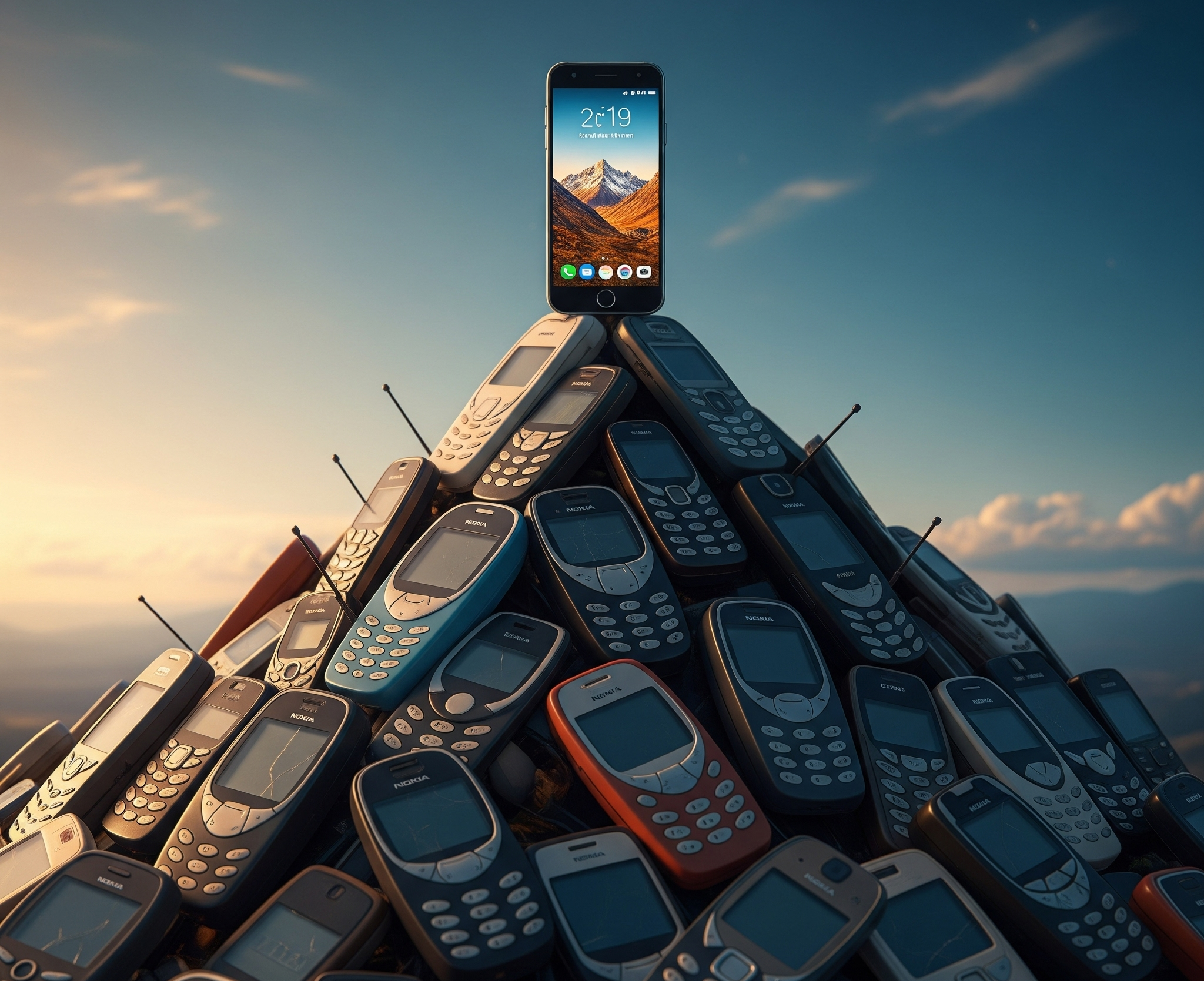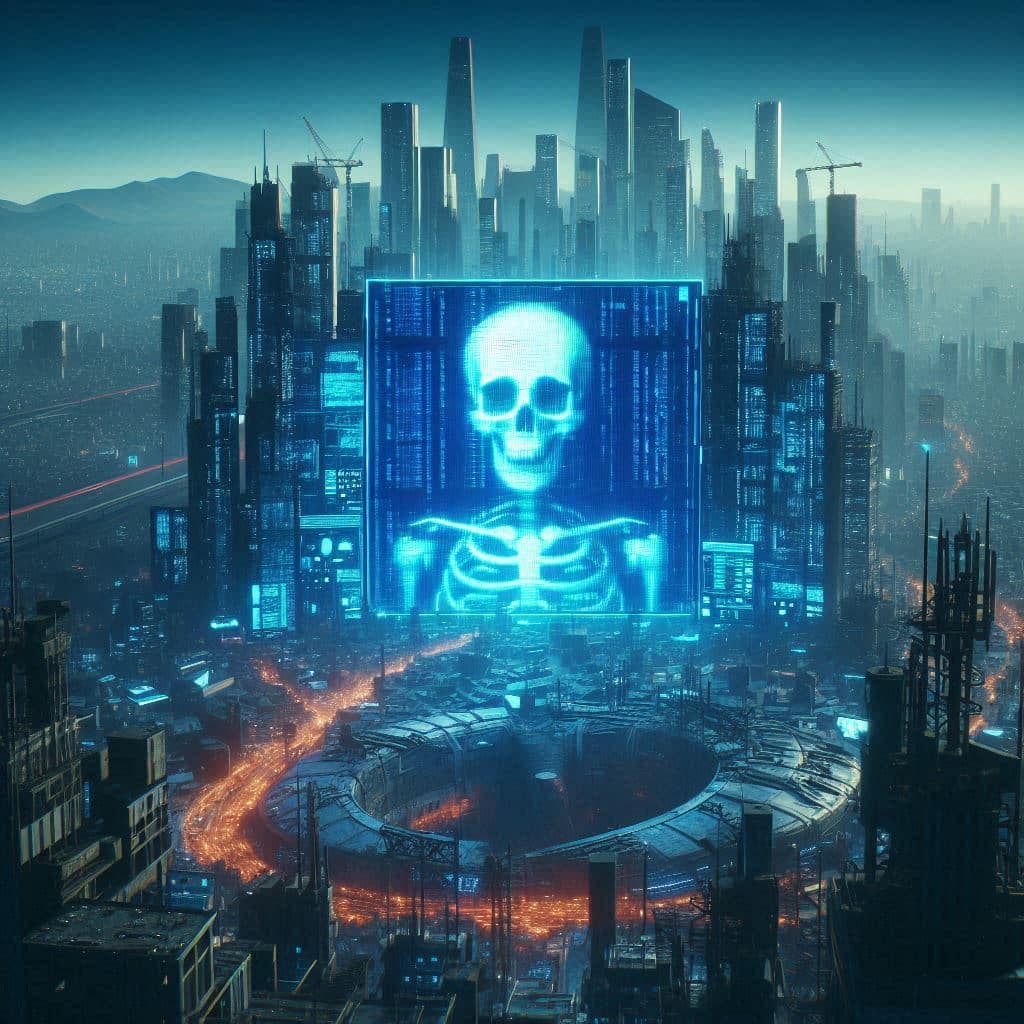We know it is a little cliché for tech companies to dive into the topic of old companies who were unable to ride the digital transformation wave, like Kodak, Blockbuster, and Nokia. Yet, their stories, while oft-repeated, hold timeless lessons for today’s enterprises. These former titans illustrate a fundamental truth: innovation alone is insufficient; true longevity demands relentless adaptability and a willingness to dismantle successful but outdated models. The reluctance of these giants to fully embrace change, fearing cannibalization of existing revenue or underestimating new competitors, ultimately led to their decline. Their failures were not just about technology; they were about mindset, leadership, and a profound misjudgment of the future.
The core lesson from Kodak, Blockbuster, and Nokia remains strikingly relevant: when a paradigm shift occurs, clinging to legacy business models becomes a fatal flaw. Kodak invented the digital camera but hesitated to fully commit, protecting its film empire. Blockbuster scoffed at Netflix’s early online rental proposals, convinced physical stores were invincible. Nokia, once the undisputed king of mobile phones, was too slow to adopt the software-centric approach of Apple’s iOS and Google’s Android. Their stories are a stark reminder that true digital transformation is not just about adopting new tools; it’s about fundamentally rethinking operations, customer engagement, and even the core value proposition of your business.
Now, as we stand in 2025, the business world faces another monumental shift, driven by new technologies like Artificial Intelligence (AI) and Generative AI. This isn’t just an evolution; it’s a revolution that is once again changing the game, similar in scale to how the internet and mobile computing reshaped industries decades ago. AI’s capabilities, from automating complex processes and analyzing vast datasets to generating creative content and making predictive decisions, are impacting every sector imaginable.
Consider the industries and jobs that might get profoundly affected. In customer service, AI-powered chatbots and virtual assistants are taking over routine inquiries, freeing human agents for more complex problem-solving. Content creation roles, from copywriting to graphic design, are seeing Generative AI assist in drafting, ideating, and even producing initial versions, shifting human roles towards editing, strategizing, and oversight. Administrative and data entry positions face significant automation. Even highly skilled fields like legal research, financial analysis, and software development are being augmented by AI tools that can process information and generate code faster than ever before.
For businesses here in the Philippines, and indeed globally, the lesson from past giants is urgent. Simply digitizing existing processes is no longer enough. The imperative now is to understand how AI can fundamentally transform business models, create entirely new services, and reshape the workforce. It demands proactive investment in AI literacy, ethical AI governance, and continuous upskilling of employees. Businesses must foster a culture of experimentation and embrace calculated risks, recognizing that today’s reluctance could become tomorrow’s downfall. The choice is clear: lead the transformation or become a cautionary tale for the next generation. The era of intelligent machines isn’t coming; it’s already here, reshaping industries and jobs with unprecedented speed.

Eric is an experienced Enterprise Data Architect at MIW. He plays a key role in the R&D team, managing data and translating business needs into technical solutions. His work ensures the smooth flow of data across the company. In addition to his professional skills, Mr. Ochoa is a fan of Isaac Asimov and H.R. Lovecraft’s works. He enjoys playing Dungeons and Dragons in his free time.




